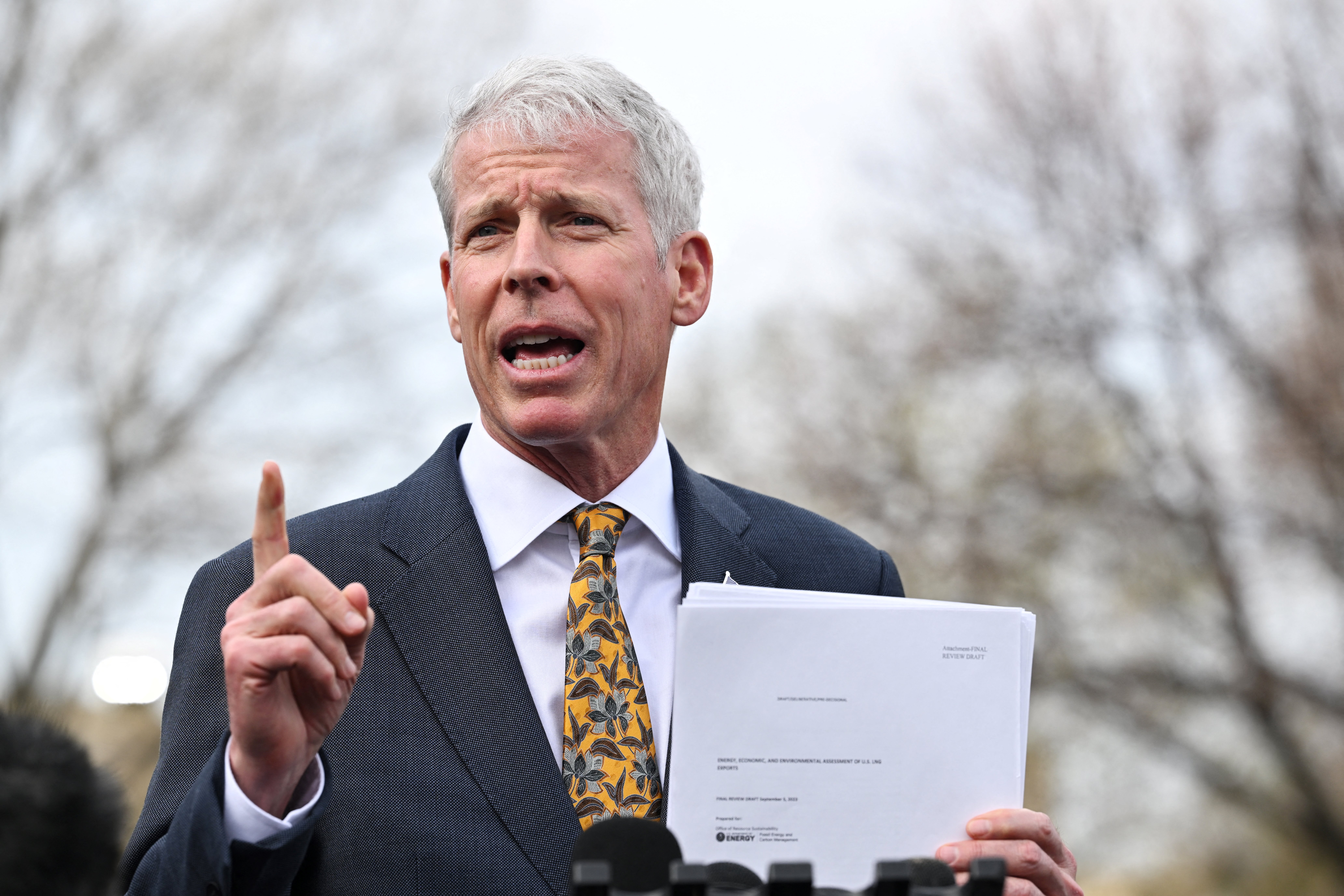The Quiet War on Energy Projects: Bipartisan Backlash Brews
A storm is brewing in Washington, a quiet but intense battle over the future of crucial energy projects across the nation. Lawmakers, united across the usual partisan divides, are scrambling to protect vital initiatives facing potential cuts from the Department of Energy (DOE). The situation has reached a fever pitch, with draft lists of proposed cuts circulating rapidly on Capitol Hill, triggering a swift and unified response.
The core of the conflict lies in the DOE’s internal review process, a seemingly routine exercise that has ignited a firestorm. In the current climate of budgetary scrutiny, the department is under pressure to identify areas for potential cost savings. However, the scale and scope of the proposed cuts have sent shockwaves through Congress. The sheer number of projects targeted, spanning diverse areas of energy research, development, and infrastructure, has galvanized lawmakers from both sides of the aisle.
The potential consequences of these cuts are far-reaching and deeply concerning. Many of the targeted projects represent critical investments in clean energy technologies, research into advanced energy storage, and improvements to the nation’s energy grid. These are not simply abstract research endeavors; they represent concrete steps towards a more sustainable and resilient energy future. Their cancellation would not only jeopardize significant advancements in technology but also impact job creation, economic growth, and national security.
For instance, several projects under review focus on developing next-generation batteries, vital for the widespread adoption of electric vehicles and renewable energy sources. Others are centered on enhancing grid reliability and resilience, crucial for mitigating the impact of extreme weather events and ensuring energy security. Still others support foundational research that underpins future innovations in energy efficiency and renewable energy generation. The loss of these initiatives could severely hinder the nation’s progress toward its ambitious climate goals and weaken its position in the global green energy race.
The bipartisan nature of the opposition is noteworthy. Lawmakers typically align themselves according to party lines on many policy issues, but the threat to these specific energy projects has transcended partisan politics. This signals the widespread understanding that these initiatives are not merely political pawns, but rather essential investments in the nation’s future. The shared belief in their importance overrides usual political differences, resulting in a powerful and united front against the proposed cuts.
This unified opposition is translating into concrete action. Lawmakers are leveraging their influence, engaging in behind-the-scenes negotiations, and publicly voicing their concerns. They’re highlighting the potential economic repercussions, the loss of jobs, and the detrimental impact on crucial scientific research. Their coordinated efforts aim to influence the final decisions regarding the DOE’s budget and to prevent the dismantling of these vital projects. The coming weeks will be critical, as the debate intensifies and the fate of these energy initiatives hangs in the balance. The outcome will not only shape the nation’s energy landscape but will also serve as a test of whether bipartisan cooperation can prevail in the face of challenging budgetary constraints. The fight to safeguard these projects is far from over, and the coming weeks promise a dramatic showdown on Capitol Hill.




Leave a Reply